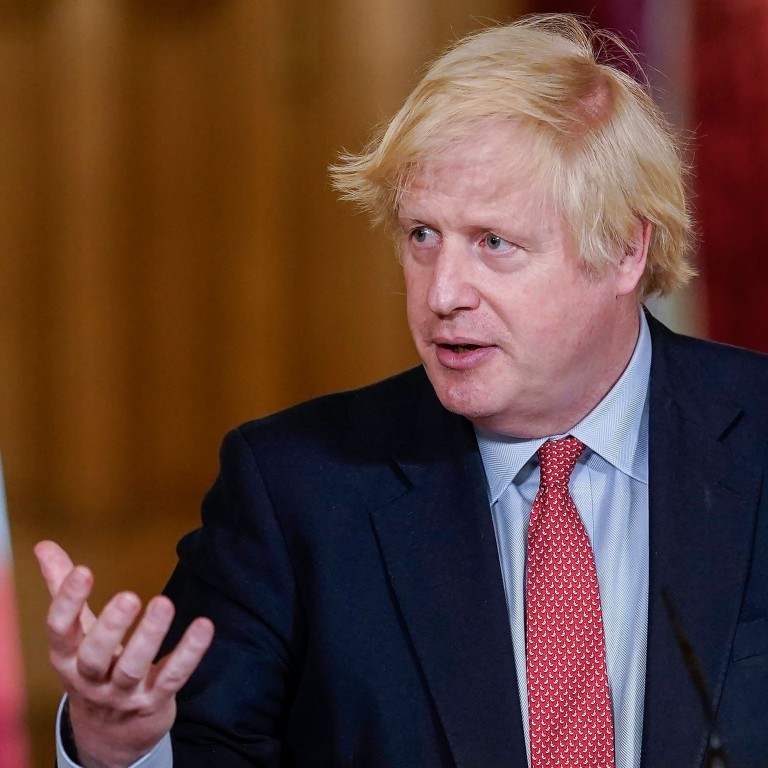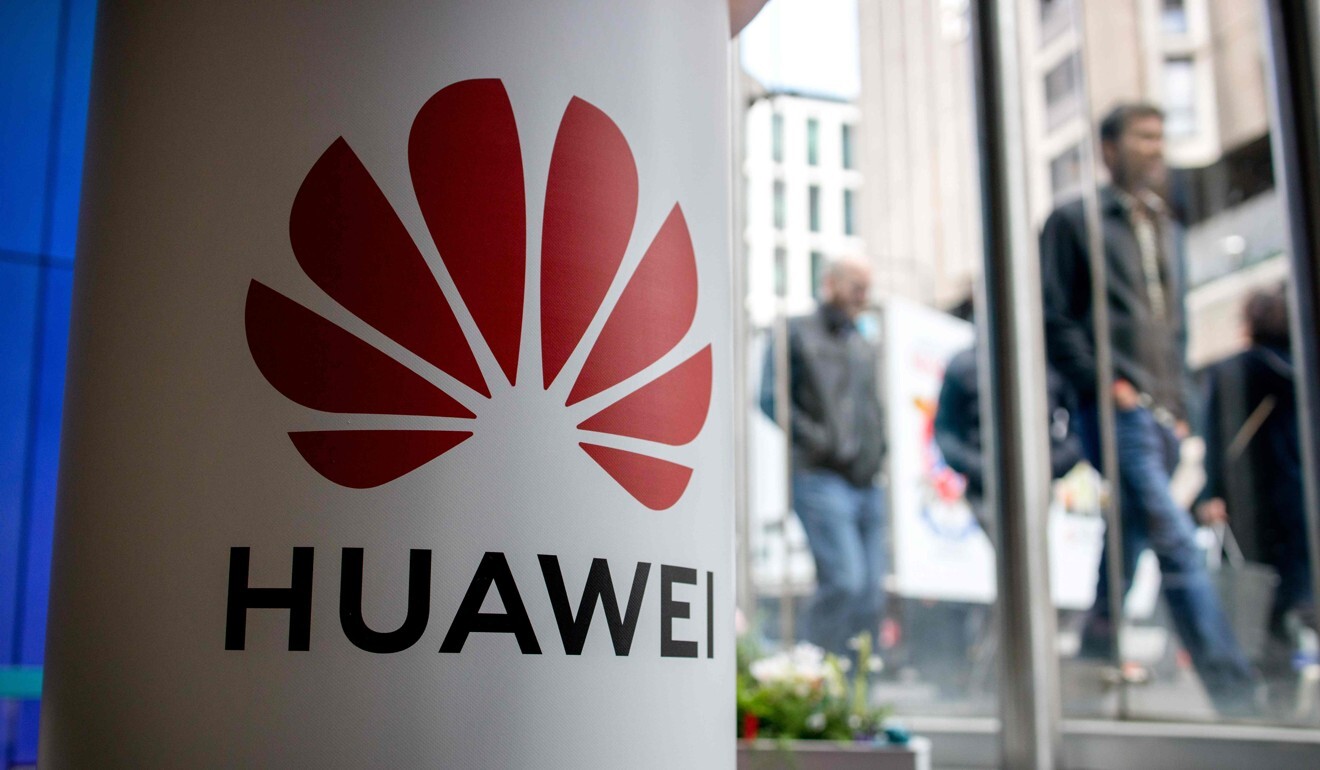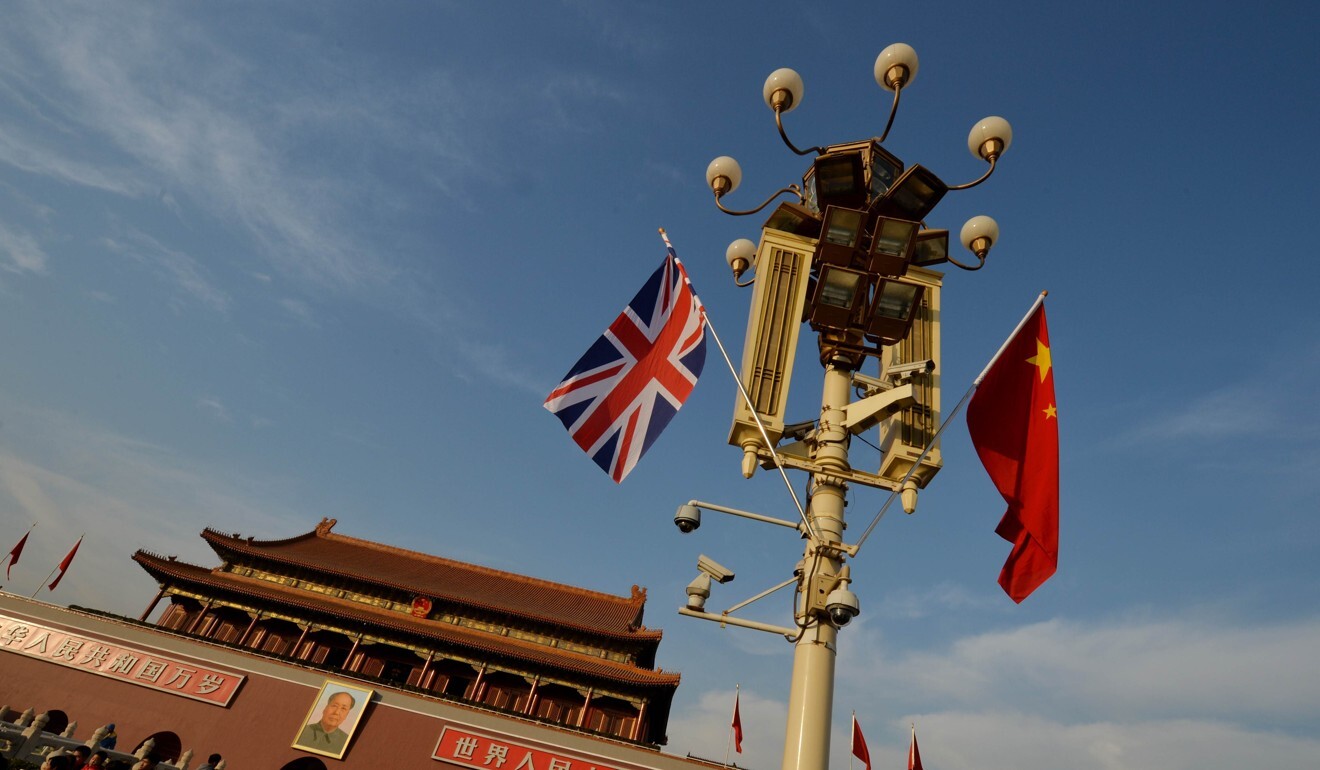
Beijing fires warning shot as Britain reconsiders China ties
- Concerns grow over role of Huawei and plans for Hong Kong national security law
- Chinese diplomats have not denied reports that it will retaliate if companies find their activities limited
Relations between China and Britain are fraying amid growing concerns among British politicians about China’s economic influence and Hong Kong.
Prime Minister Boris Johnson’s tougher stance reflects increasing cross-party scepticism, while Chinese diplomats have not contradicted media reports that Beijing would retaliate if Chinese business activities are limited.
Britain is undergoing one its biggest geopolitical shifts in decades as it seeks a post-Brexit agreement with the European Union.
It will also be watching the result of the US presidential election in November that will define the course of its transatlantic relationship amid growing disenchantment about what the “golden era” in its relationship with China offers.
China’s national security law: if Boris Johnson is really concerned, why not offer automatic UK citizenship to BN(O) Hongkongers?
Johnson’s government is also reportedly considering new laws to step up screening of Chinese investments on national security grounds, amid fears that the economic downturn could result in more foreign takeovers of British businesses.
Britain’s series of actions suggest it is ready to inch closer towards Washington’s decoupling approach to China, rather than the EU’s more conciliatory stance.
China has already warned Britain of the consequences of any actions it takes.
Foreign Minister Wang Yi told his British counterpart Dominic Raab that Britain should be “extremely cautious” about Hong Kong and not meddle in the city’s affairs, the foreign ministry in Beijing said on Tuesday.

Meanwhile, China’s ambassador to London, Liu Xiaoming, told business leaders that Beijing viewed the Huawei matter as “a litmus test of whether Britain is a true and faithful partner”, according to The Sunday Times newspaper.
The report continued that Liu had warned that Chinese companies might pull out of major infrastructure projects, including nuclear power plants and a high-speed rail line.
China General Nuclear Power plans to build its own nuclear reactor at Bradwell in Essex, while China has a minority share in plants at Hinkley Point in Somerset and Sizewell C in Suffolk, both in partnership with EDF of France.
This week Huawei launched a newspaper and internet campaign to mark 20 years of doing business in Britain.
Beijing hits back after Boris Johnson promises to relax British visa rules for Hongkongers
The Chinese telecoms company said it was “as committed as ever” to providing “the best equipment to the UK’s 5G mobile and full-fibre broadband providers”.
But Iain Duncan Smith, a former Conservative Party leader, said: “We shouldn’t give way to threats like this. The moment a country starts threatening you, it’s a country that you therefore shouldn’t be doing business with.”
Duncan Smith, the co-chair of the recently launched Inter-Parliamentary Alliance on China – an international grouping calling for a “tougher stance” towards Beijing – also said he was not worried about China’s reported threat to pull out of nuclear projects in Britain.
“I’m certainly not in favour of building more nuclear plants using greater Chinese technology,” he said, adding that Britain should focus on other sources of energy “which would be wholly British or certainly brought about by members of the free world”.

Tom Tugendhat, chairman of the parliamentary foreign affairs committee, said the British government would need to weigh its decisions against the strategic interests of the country and the need to defend the international rules-based system.
“Let’s not pretend that the nuclear plant is a show of some extraordinary generosity,” said Tugendhat, who also leads the new China Research Group in Westminster.
Lisa Nandy, the foreign affairs spokeswoman for the opposition Labour Party, asked the government to respond to the threats of Chinese countermeasures by building “an alliance of democracies” to stand up to the “aggressive behaviour and clear breaches of international law”.
Boris Johnson vows historic overhaul of visa system to accommodate Hongkongers under national security law
The war of words has also spilled onto social media.
The British embassy in China posted an image of a candle on its Twitter page on June 4, to mark the 31st anniversary of the bloody Tiananmen Square crackdown.
Ma Hui, a minister at the Chinese embassy in Britain, left a couple of messages under the tweet, one of which read: “Rest in peace to the 40,000 who lost their lives to Covid-19 in the UK.”
In the other one read “And those who tragically died in Grenfell Tower fire 3 years ago” – a reference to a tower block fire in west London that killed 71 people.
His comments were criticised by other social media users for disrespecting the Tiananmen victims.

